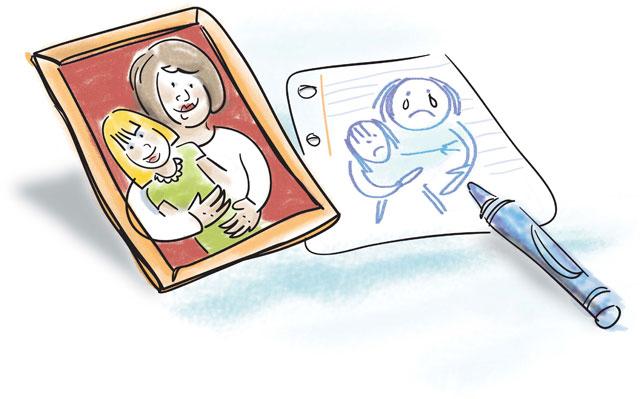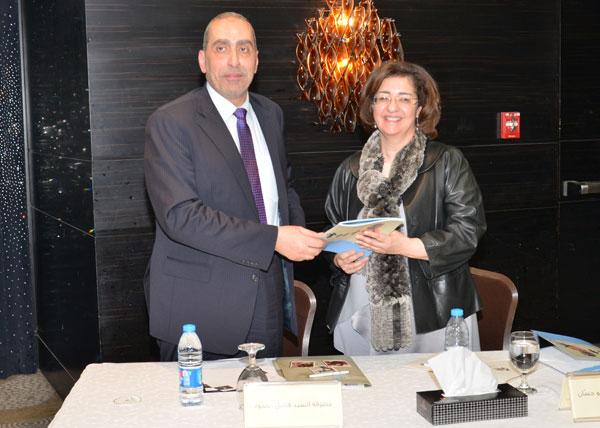You are here
Children issues ‘superficially reported’ in Jordanian media — UN-NCFA assessment
By Laila Azzeh - Mar 23,2017 - Last updated at Mar 23,2017
AMMAN – Coverage of children’s issues by local media tends to be “superficial”, with “many” journalists lacking the legal understanding of concepts pertaining to child protection, according to an assessment report.
The “Journalists Practices on Child Protection” survey, conducted by UNICEF, cooperation with the National Council for Family Affairs (NCFA), showed that some journalistic practices are not aligned with ethical standards of reporting.
“For instance, 11 per cent [of the interviewees] reported a trend of bribing children with money, goods or promises of help for an interview,” the report stated.
It also noted that 20 per cent of interviewees did not ensure that a parent/guardian was present when interviewing a child, while 19 per cent had interviewed women and children in a state of distress.
On the other hand — considering that child protection issues rank second in areas of media coverage after politics — the survey showed a “high demand and willingness among journalists to be part of a network that contributes towards the promotion and protection of children’s rights in Jordan”.
In general, respondents felt that many journalists were more interested in stories with “sensationalised content”, the study showed.
The methodology of assessment was based on a multi-method approach, including 16 in-depth interviews conducted with industry experts, representing all forms of news media.
The response rate of the survey was a little more than one-fourth of the total 444 journalists approached, with 118 journalists’ responses to the survey, according to the study’s authors.
Speaking at an event announcing the outcomes of the assessment on Wednesday, Minister of State for Media Affairs and Communications Mohammad Momani underlined the need for the media to focus on child-protection issues, especially in light of the conflicts and crises children are enduring nowadays.
Citing the impact of new media and technology on children, he also stressed the media’s role in raising awareness on media related dangers and in protecting children against easily spreadable “poisonous” ideologies.
NCFA Secretary General Fadel Hmoud noted that the council contributed to conducting the survey out of “its belief in the significance of media as a tool for influencing social change”.
Robert Jenkins, UNICEF Representative, added that UNICEF recognises media›s role as an observer and advocate for all causes, especially those related to children and children›s rights.
The survey presented several recommendations including the need to engage editors in efforts to improve coverage of child-related issues, to implement a training to help and assist journalists to specialise in child-rights reporting, to invest in creating and sustaining a network of dedicated journalists from all media outlets, and to increase access of journalists to related published material.
During the ceremony, Jordan Media Institution Dean Basim Tweissi introduced an action plan aimed to improve the capabilities of media professionals in covering child issues.
He noted that a taskforce of 30 journalists are currently being trained to lead a media network specialised in child causes.
Related Articles
AMMAN — The National Council for Family Affairs (NCFA) last week held a series of meetings with stakeholders to update the National Framewor
AMMAN — In an ambitious new programme, UNICEF Jordan seeks to engage journalists in addressing the issue of violence against children in a s
AMMAN — Telephone hotlines providing help for children and families in the Kingdom lack a supervisory authority, accreditation programmes fo

















